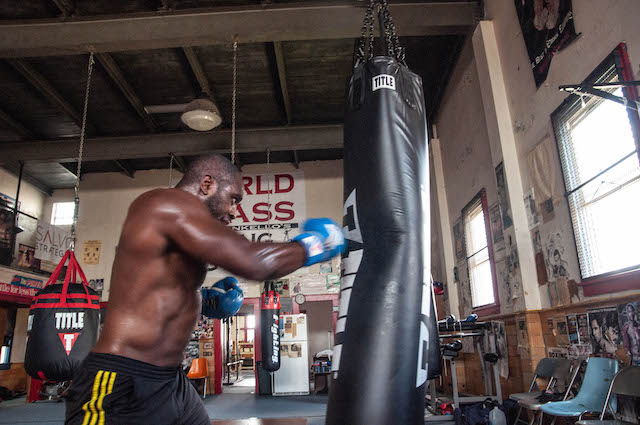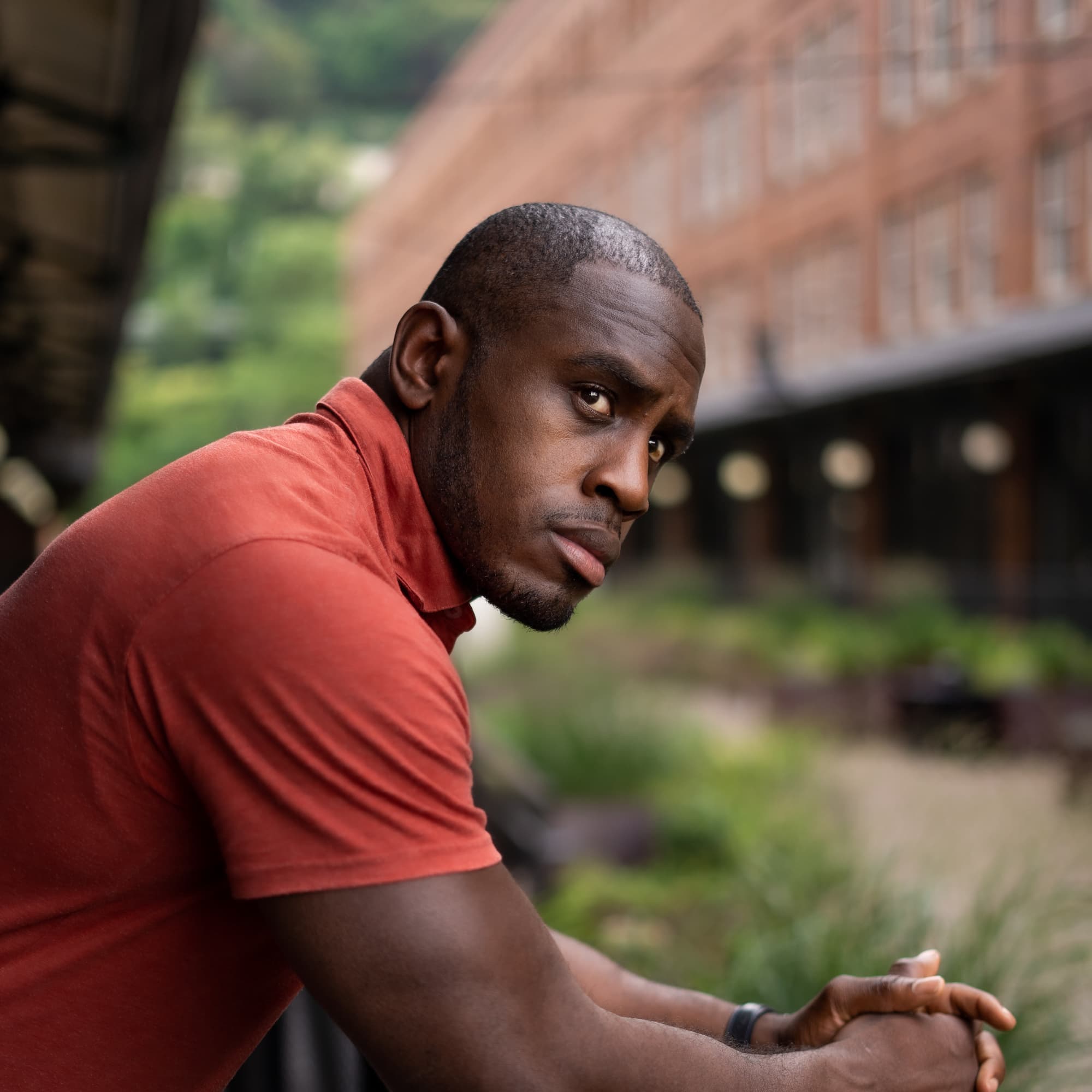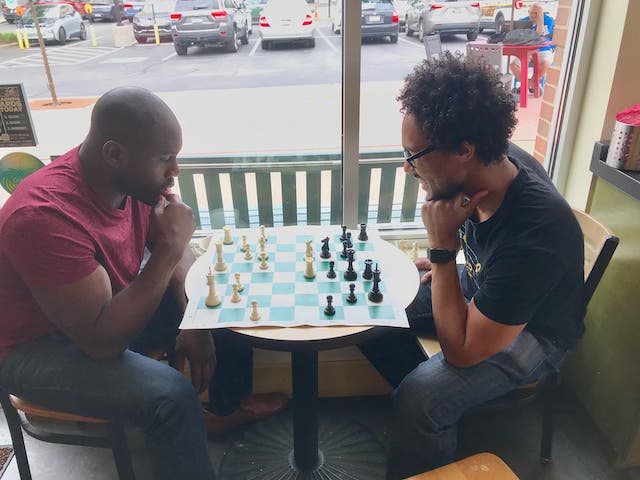Belonging is a fundamental human need.
And establishing friendships is one way we fulfill that need.
Friends make jokes funnier, boredom bearable, and hard times easier. In other words, friends improve our quality of life and entire sense of well-being.
However, after college, meeting people and making new friends takes a nosedive. It’s not uncommon to look around in your late 20s and realize that you don’t have many close friends.
The truth is, making friends gets more difficult the older you become unless you’re deliberate about it.
In this post, you’ll discover seven scenarios we all face that make developing new friendships hard. You’ll also learn some practical solutions to adapt.
1. Adult responsibility
One of the most obvious reasons it’s difficult to make new friends is simply because you don’t have as much free time in your schedule. Growing up you have more time to nurture new friendships. The most responsibility you had was school work and maybe household chores.
After college, the rate at which you meet and acquire new friends drastically decreases. You may also find spending time with close friends becomes less and less frequent.
Here’s how to make friends when you don’t have a ton of time in your schedule:
- Define where you are losing time, ie watching tv, scrolling social media, etc then reallocate that time to an activity where you can socialize.
- Go to work conferences. You’ll meet people in your field and increase the chances that you’ll have similar interests with someone else.
- Invite a friend to do things on your schedule like working out, grabbing lunch, or running errands
2. A lack of organic opportunity
When you’re younger, it’s easy to fall into friendships because your social network is laid out in front of you. It’s far more normal to start a conversation in a classroom than a grocery store or gas station.
Your social life changes after high school and college. The gist of it is, most relationships you make when you’re young are casual.
And that’s simply because you had more opportunities for them either on sports teams or via classmates. Think of where you met your best friend. It was probably during a time where having a social life was easier and expected.
When you become an adult, your routines become less varied and so do the people you meet unless you move to a new city. You have less access to casual relationships and therefore fewer chances to develop close friendships.
The remedy to this is to:
- See every opportunity as a place to make new friends
- Ask colleagues and/or neighbors out to activities
- Ask a friend to bring a friend when you attend an event or meet up for lunch
3. Not appreciating mindless enjoyment
Play is defined as an activity you engage in for enjoyment rather than any practical purpose.
Play for young children helps with cognitive brain function, boosting creativity, and building social skills. Not surprisingly, these are the same benefits of play for adults.1
Children have this playtime built-in because it’s necessary for their development. When we become adults, however, doing activities that don’t contribute any external or quantifiable value can be seen as time-wasting or useless.
But the truth is, play is integral to success because it gives you a chance to reset. Intentional downtime helps you relieve anxiety and improves your overall mental health. When you start a hobby you meet people with similar interests and improve your chances of meeting potential friends.
Insert more play into your schedule with these activities:
- Join a sports league
- Join or start a book club
- Volunteer locally
- Join a choir or musicians jam session
4. Becoming jaded
Another reason adults have trouble making friends is simply that the older you get, the more jaded you become. You learn that other people can let you down. Maybe you had someone you considered a good friend but you grew apart or had a falling out.
In my opinion, there are always obvious signs it’s time to let a relationship die. But the more you succumb to the belief that “it’s not worth it” to make new friends, the more likely you are to avoid meeting people. You become more insecure and learn to fear rejection.
Here’s how to make friends even if you’re jaded:
- Define the type of friendships you want to develop
- Understand that life isn’t fair and that’s okay because it’s unfair to everyone
- Realize that human nature is to see ‘what’s in it for me.’ You have to add value to receive it
- Learn who it’s okay to be vulnerable with and who to steer clear of
5. Higher education
Educating yourself creates social mobility. However, being highly educated is more correlated with the individualism that makes it hard to make friends.2 This is largely because working-class people, who haven’t attended college, teach their children the value of “we over me.”
Common sayings like, “you can’t always get what you want” teach that there are factors and a community outside of your control.
In a study of collegiate emphasis on individual achievement, students from working-class backgrounds tend to struggle socially and academically in environments where individual expression is heavily valued. This behavior goes against their fundamental principles even if only subconsciously. Also, many working-class students want to help care for their parents and relatives. Many of these students claim it’s hard to feel connected to others and even make new friends in more individualistic environments.
Conversely, in environments where the community or team is emphasized over the individual, working-class students thrive.
In other words, you can take the girl out of the hood but you can take the hood out of the girl.
Society is becoming far more individualistic as social media forces people to self-promote. So a remedy to this may simply be a reframe of mindset:
Are you adding value to the community?
Making new friends may not be as easy as being the encourager in your group but it may hinge on your ability to see yourself as a part of a whole.
6. Kids and intimate relationships
If you find that you lose friends when you get into relationships, you’re not alone. When you’re single, you reach out to a friend when lonely or bored. In a relationship, your partner fulfills that role.
The bottom line, relationships make meeting new people more difficult. And it becomes more difficult if you have young children.
Here’s how to make friends and expand your social circle if you’re in a relationship:
- Have a hobby separate from your significant other
- Utilize your social network at work for potential friends with similar interests
- Meet up with other couples for activities
- Join groups for parents of young children
- Meetup with your children’s parents
7. The illusion of a social life
Social media makes it difficult to make friends because it gives you the illusion of a social life. Bingeing on someone’s life gives you a false sense of familiarity. This can decrease your urge to socialize because you satisfy your social needs through voyeurism.
On the other hand, this behavior can make you feel more isolated. Watching someone’s curated reel gives you the sense that they have tons of friends and there is no room for you.
The only way to break out of this false belief spiral is to hang out with people in real life. You’ll gain a sense of what it really feels like to get to know a person. Focusing on yourself in this aspect, helps you understand and care less about the unknown lives of others.
Is it possible to make close friends after college?
Of course it’s possible to make close friendships after college. However, the following will require you to be more intentional with your time and efforts:
- You have more responsibility and less free-time
- There are fewer organic opportunities for meeting people
- You don’t do things for mindless enjoyment anymore
- You become more jaded as you get older
- Valuing me over we
- Your partner and children satisfy your natural social needs
- Social media gives you an illusion of a social life
Get Your Life Together With The Essays of Power
I don’t know you, but I know you.
I know that you’re tired of feeling weak, being a victim, and having no control over the direction of your life.
I know you because I was once you.
I used to be stuck on the hedonistic treadmill of mediocrity. Always drunk, always broke, and always looking for the next piece of cheap entertainment and distraction.
Then one day, I changed my entire life around.
I took responsibility for my personal development and started living the best life I possibly could. I learned how to:
- Live with purpose
- Think with clarity
- Face the my demons
- Fix my finances
Unlike a lot of other motivational gurus, I’ve been to the bottom and I clawed my way back out. It wasn’t easy and I wasn’t sure if I’d just become another statistic along the way, but I think I have made tremendous progress.
I learned the hard way, but I can break it down so you can learn it the easy way…
Get The Mind And Fist Essays Of PowerReferences
Robinson, Lawrence, Smith, Melinda M.A., Segal Jeanne, Ph.D., and Shubin, Jennifer HelpGuide. The Benefits or Play for Adults. July 2021. (accessed Jan 2022) ↩
Stephens. Nicole M.; Townsend Sarah. Harvard Business Review. Research: How You Feel About Individualism Is Influenced by Your Social Class. Harvard Business Publishing. May 22, 2017. (accessed Jan 2022) ↩




